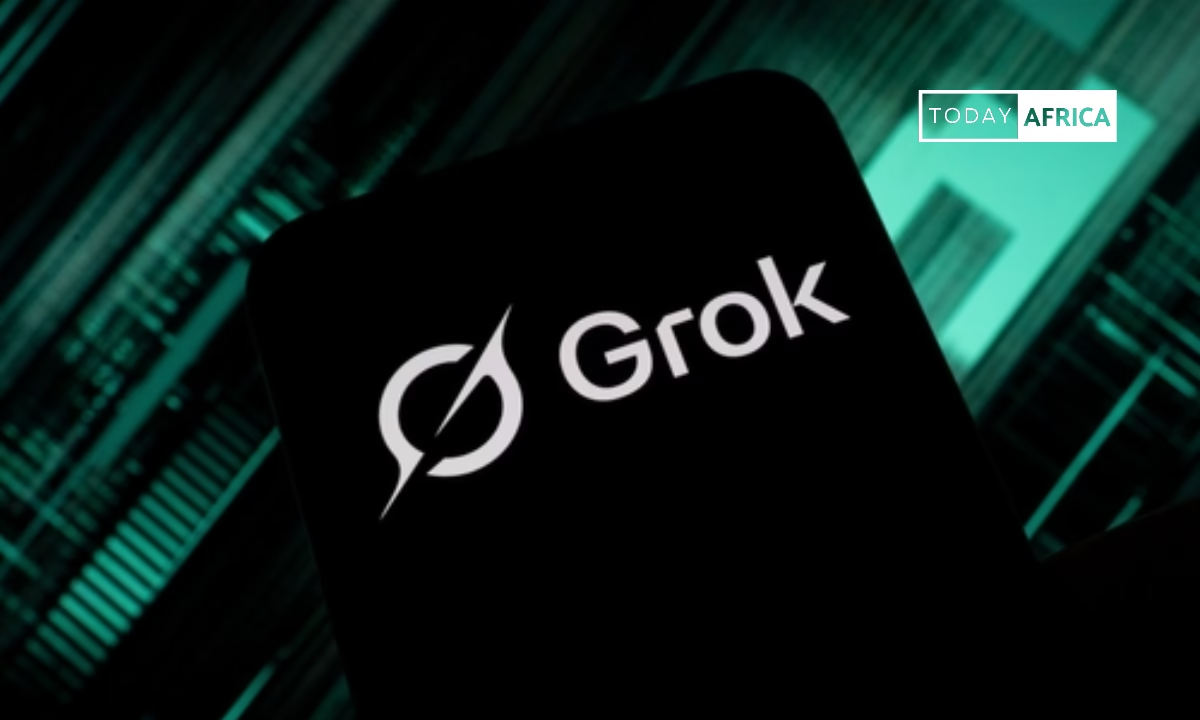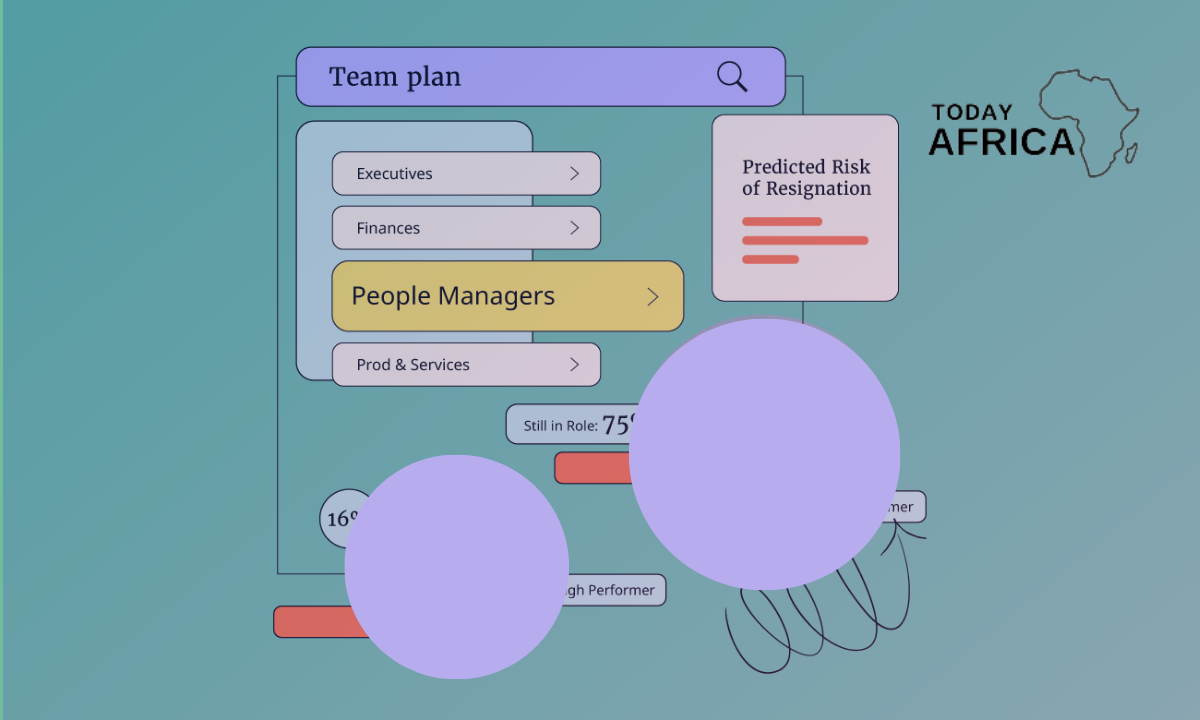In the startup space, determining the value of a company that hasn’t yet generated revenue can seem like a mystery.
Yet, for both founders and potential investors, understanding how to value a pre revenue startup is critical for securing funding, establishing credibility, and charting future growth.
So in this article, we’ll discuss the unique challenges, methods, and considerations that go into valuing a pre revenue startup.
What is a Pre Revenue Startup?
A pre revenue startup is typically in its earliest stage. At this point, the company has yet to generate consistent income from its operations. Instead, its value is based on factors such as the strength of its team, the uniqueness of its idea, the potential market size, and the progress made in product development.
Characteristics of a pre revenue startup
- Idea-driven: The business model may be in its formative stages, often driven by an innovative idea or technology.
- Prototype or MVP: Many pre revenue startups have developed a prototype or a minimum viable product (MVP) to validate their concept.
- Market research: Instead of historical sales data, these companies rely on market research, customer surveys, and pilot projects to gauge demand.
- High risk, high reward: The absence of revenue signals both high risk and high potential. Investors look for a compelling story that justifies the risk.
Understanding these characteristics helps set the stage for why traditional revenue-based valuation methods fall short and why alternative approaches must be adopted.
Read Also: Customer Acquisition Strategy for Startups This Year
Why Valuing a Pre Revenue Startup is Challenging
Valuing a pre revenue startup is not an exact science. Without solid financial data, entrepreneurs and investors must rely on projections, assumptions, and qualitative factors. Some key challenges include:
1. Lack of historical data
Traditional valuation methods—like revenue multiples or profit margins—require historical data that pre revenue startups simply do not have. This absence makes it necessary to rely on forecasts and industry benchmarks.
2. Uncertainty in market demand
A startup’s future revenue is largely contingent on market acceptance. Even with robust market research, predicting how a new product or service will be received is inherently uncertain.
3. High dependency on team and idea
In the early stages, the value of a startup often rests on the team’s expertise, the innovativeness of the idea, and its execution strategy. These factors are difficult to quantify, making the valuation process more subjective.
4. Investor sentiment
Valuation is also influenced by market trends and investor sentiment. In a bullish market, investors might be willing to pay a premium, while in a downturn, even promising startups might face lower valuations.
Common Valuation Methods
There are several methods tailored for evaluating pre revenue startups. Here, we explore the most widely used approaches and how they work.
1. The Berkus Method
The Berkus Method is one of the most popular approaches for valuing pre revenue startups. It assigns a value to different elements of the startup, such as the idea, the prototype, the management team, strategic relationships, and market potential.
- Idea: Assessing the innovativeness and feasibility of the startup’s concept.
- Prototype/MVP: Valuing the development progress of the product.
- Quality of the team: Evaluating the experience and expertise of the founding team.
- Strategic relationships: Considering partnerships, industry connections, and early customer interest.
- Market size: Estimating the total addressable market and growth potential.
Each element is given a specific monetary value. The sum of these values provides an estimated valuation for the startup. This method’s strength lies in its simplicity and its ability to incorporate qualitative factors into the valuation.
2. The Scorecard Valuation Method
The Scorecard Valuation Method compares the startup to similar companies that have secured funding. It involves adjusting the average pre-money valuation of similar startups by evaluating the target startup across various factors:
- Strength of the management team
- Market size
- Product/technology
- Competitive environment
- Marketing/sales channels
Each factor is given a weight and score, and the overall score is used to adjust the baseline valuation. This method helps provide a relative valuation based on industry standards and comparable companies.

3. Risk Factor Summation Method
In the Risk Factor Summation Method, valuation is derived by adding (or subtracting) monetary values associated with identified risk factors. Common risk factors include:
- Market risk
- Competitive risk
- Technology risk
- Operational risk
- Financial risk
Each risk factor is quantified based on the startup’s current stage and market conditions. The final valuation is adjusted to reflect the aggregate risk, making this method particularly useful for startups in uncertain or volatile industries.
4. Venture Capital Method
The Venture Capital (VC) Method is widely used by investors when valuing pre revenue startups. It involves projecting the startup’s future value at exit (such as an acquisition or IPO) and working backwards to arrive at a present valuation. Key steps include:
- Estimating future exit value: Based on market trends and comparable exits.
- Determining the required rate of return: Investors’ expectations for compensation given the risk.
- Discounting the future value: Calculating the present value using the required rate of return.
While the VC method is more forward-looking, its reliance on assumptions about future performance can make the valuation somewhat speculative.
5. Discounted Cash Flow (DCF) Method
The Discounted Cash Flow (DCF) Method is traditionally used for companies with predictable cash flows, but it can also be adapted for pre revenue startups. The method involves:
- Forecasting future cash flows: Based on market research and assumptions about growth.
- Selecting an appropriate discount rate: Reflecting the high risk of early-stage startups.
- Discounting cash flows to present value: The sum of these present values offers an estimate of the startup’s worth.
While DCF can be challenging for pre revenue companies due to uncertainty, it remains useful when supplemented with other qualitative assessments.
Key Factors Impacting Valuation
When trying to determine how to value a pre revenue startup, several key factors come into play:
1. Team and management
A strong, experienced team is often the single most important asset for a startup. Investors look at the track record of the founders and their ability to execute the business plan. A stellar team can significantly boost a startup’s valuation even in the absence of revenue.
2. Market opportunity
The potential size of the market and the startup’s ability to capture market share are crucial. A large and growing market can justify a higher valuation, as it suggests significant future revenue potential.
3. Product/technology
The uniqueness, innovation, and development stage of the product or technology are critical. An early prototype or MVP that demonstrates clear advantages over existing solutions can help convince investors of the startup’s potential.
4. Competitive landscape
Understanding the competitive environment helps in gauging risks and opportunities. A startup entering a crowded market might be valued differently from one operating in a niche with little competition.
5. Business model
The scalability and sustainability of the business model play an important role. Whether the startup plans to generate revenue through subscriptions, advertising, licensing, or another method, the underlying model must be robust enough to support long-term growth.
6. External factors
Broader economic conditions, industry trends, and investor sentiment also affect valuations. During periods of economic optimism, investors might be willing to accept higher valuations, whereas market downturns could lead to more conservative estimates.
Read Also: 6 Best Business Models for Startups
How to Choose the Right Valuation Method
Given the variety of methods available, choosing the right one depends on the startup’s specific circumstances, industry, and stage of development. Here are some guidelines:
1. Evaluate your stage
- Early concept stage: Methods like the Berkus or Scorecard method are often more appropriate because they rely on qualitative factors.
- Post-MVP stage: Once you have a working prototype or initial customer feedback, methods like the Risk Factor Summation or VC method may offer more accurate estimates.
- Technology-heavy startups: For startups where intellectual property is a major asset, incorporating a modified DCF approach can help capture the potential value of technology development.
2. Understand your industry
Different industries have unique dynamics. For instance, tech startups might command higher valuations due to rapid scalability, whereas traditional industries might see more conservative figures. Benchmarking against similar companies in your sector is vital.
3. Combine methods for a balanced approach
Many experts suggest using multiple valuation methods to triangulate a more accurate figure. For example, you might start with a baseline valuation using the Scorecard method, adjust for risk using the Risk Factor Summation method, and finally validate the projection with a VC approach.
4. Consider investor perspectives
If you’re actively seeking funding, it’s important to consider how investors will view your valuation. Different investors (angel investors, venture capitalists, or strategic investors) have varying criteria and risk appetites. Tailor your approach accordingly.
Expert Tips for Entrepreneurs
For founders looking to understand how to value a pre revenue startup effectively, here are some expert tips:
1. Be transparent about assumptions
When presenting your valuation, clearly articulate the assumptions behind your projections. Whether it’s market growth or team expertise, transparency builds trust with investors.
2. Use multiple valuation methods
Relying on one method may lead to an imbalanced view. Combining methods can provide a more robust and defendable valuation. For example, juxtapose the Berkus method’s qualitative approach with the quantitative insights from the VC method.
3. Stay informed about market trends
Regularly update your market research. Trends in your industry can shift investor sentiment and affect your valuation. Stay agile and be prepared to adjust your estimates based on the latest data.
Read Also: Why I Use Lean Canvas for My Business Services
4. Focus on building a strong team
Investors often value the people behind the idea more than the idea itself. Highlighting your team’s credentials, industry experience, and previous successes can significantly bolster your valuation.

5. Document your milestones
Even before generating revenue, track and document key milestones—such as product development, user acquisition, and strategic partnerships. These achievements can serve as evidence of progress and future potential.
6. Seek professional advice
Sometimes it pays to get an expert opinion. Consider consulting with financial advisors or valuation experts who specialize in startups. Their insights can help you refine your approach and strengthen your funding pitch.
Conclusion
Determining the value of a pre revenue startup might seem daunting at first, but with the right approach and methodologies, you can craft a compelling story for your company.
By understanding the unique challenges and leveraging proven valuation methods, you not only set a realistic price for your venture but also lay the foundation for future growth and success.
Whether you are an entrepreneur seeking funding or an investor searching for your next big opportunity, the strategies outlined in this article will help you navigate the complex landscape of startup valuation.
Frequently Asked Questions
What makes valuing a pre revenue startup different from a revenue-generating business?
Unlike established companies, pre revenue startups lack historical financial data. This forces evaluators to rely on qualitative factors like team quality, market potential, and product innovation rather than traditional revenue multiples.
Can traditional valuation methods like DCF be used for pre revenue startups?
Yes, but with caution. The DCF method requires forecasting future cash flows and selecting a high discount rate to account for risk. It is often combined with other methods to provide a more rounded valuation.
How can I justify my valuation to skeptical investors?
Transparency is key. Clearly communicate your assumptions, highlight relevant milestones, and, if possible, use multiple valuation methods. Demonstrating a deep understanding of your market and a well-articulated growth strategy can help build investor confidence.
Is it common for pre revenue startups to have a high valuation?
High valuations are not uncommon in hot markets or for startups with a disruptive idea and a strong team. However, they must be justified with clear benchmarks and a solid growth plan to withstand market scrutiny.
What role does market research play in the valuation process?
Market research is critical as it provides the data needed to project potential revenue, assess market size, and identify competitive dynamics. Accurate market research helps in making realistic assumptions and achieving a defensible valuation.
For more insights on startup strategies and funding, subscribe to our newsletter:
- Facebook: Today Africa
- Instagram: Today Africa
- Twitter: Today Africa
- LinkedIn: Today Africa
- YouTube: Today Africa Studio
















